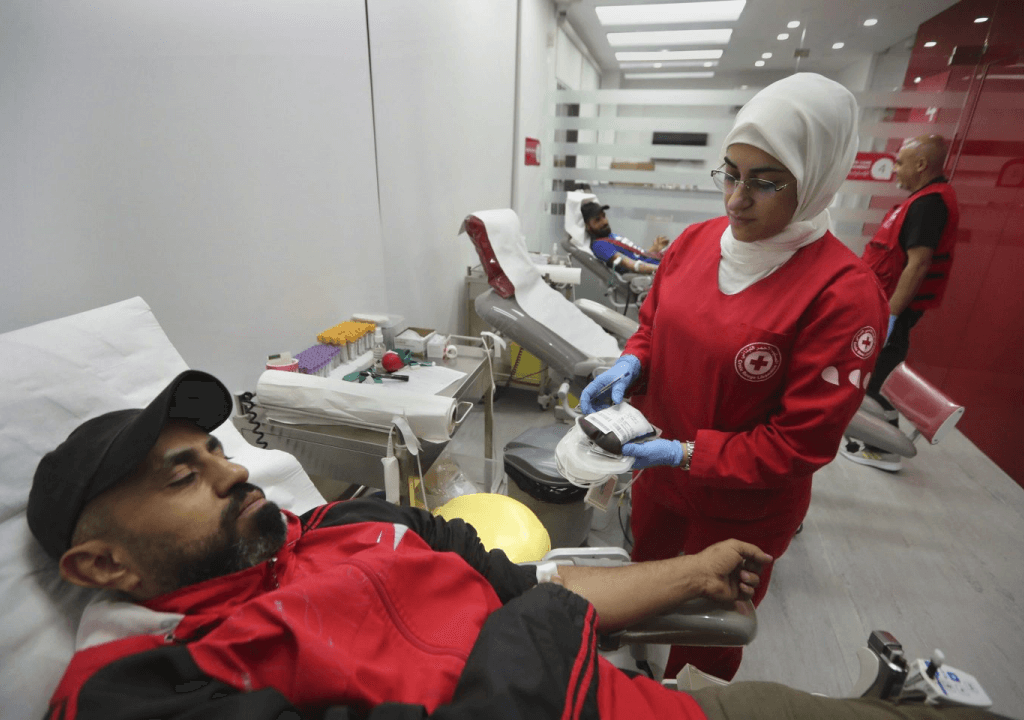Lebanon was rocked by a series of explosions that seemed straight out of a Hollywood spy thriller, with pagers used in a meticulously coordinated attack targeting Hezbollah leaders and Iranian diplomats. While Israel has not publicly claimed responsibility, the precision and scale of the operation bear unmistakable signs of Mossad’s involvement. In what appears to be an intelligence-driven strike, thousands of pagers used by Hezbollah members were detonated simultaneously. Early reports indicate at least twelve deaths and around 3000 injuries across dozens, if not hundreds, of explosions. The attack highlights a relentless drive to strike at Hezbollah, which had adopted pagers as a less traceable communication tool, avoiding the location risks posed by mobile phones.
Diplomats, netizens, and Iranian officials are certain of Israel’s involvement in these recent attacks, viewing them as part of Mossad’s ongoing campaign against high-profile targets. Initial reports indicate that the pagers, a new model possibly compromised during the supply chain process, were also intended for use in Europe – further evidence pointing to Israeli intelligence. Such tactics are not without precedent. In January 1996, a rigged mobile phone was used to assassinate Yahya Ayyash, Hamas’s chief bomb maker, in Gaza City. Since Israel’s renewed conflict with Hamas, efforts to eliminate militant leaders have intensified. In August, Ismail Haniyeh, Hamas’s political leader, was killed by a short-range projectile in Tehran, prompting Iran to warn of direct military retaliation against Israel.
As Israel’s war in Gaza approaches its second year, the conflict has expanded beyond Hamas to include the wider “Axis of Resistance”, which encompasses various Iran-backed militias. Bombings, missile strikes, and targeted attacks have become routine between these factions, with increasing clashes along Israel’s northern border with Lebanon, home to the Iran-supported Hezbollah. While a full-scale regional war involving Arab nations, including Lebanon and Iran, seems unlikely, many experts believe the chances of a conflict like the previous Arab-Israeli wars are low. However, Israel’s intensified targeting of key leaders is becoming a major concern for the axis of resistance. The recent pager attack highlights Israel’s capabilities and the opposition’s vulnerability, leaving Hezbollah and others under pressure to restore their standing in the Islamic world. Failure to act could lead to an existential crisis for these groups, as their legitimacy is tied to their fight against Israel. Many predict a potential full-scale war between Hezbollah and Israel, with Hezbollah nearing a possible endgame. Israel’s demands for peace will not be met by eliminating Hamas alone, as Hezbollah continues to pose a similar threat from the north. The likelihood of war appears increasingly imminent, while international negotiations remain ineffective, with the U.S. downplaying the severity of the situation.
If Israel’s involvement in recent events is confirmed, it would represent a major escalation. Further attacks in Lebanon seem likely, given Israel’s apparent determination to eradicate the threats it faces, potentially targeting Hezbollah as well. With Hezbollah pressured to respond, Israel appears ready for their counteractions. Additionally, Houthi forces and Syrian militants might also need to be cautious of Pagers.








